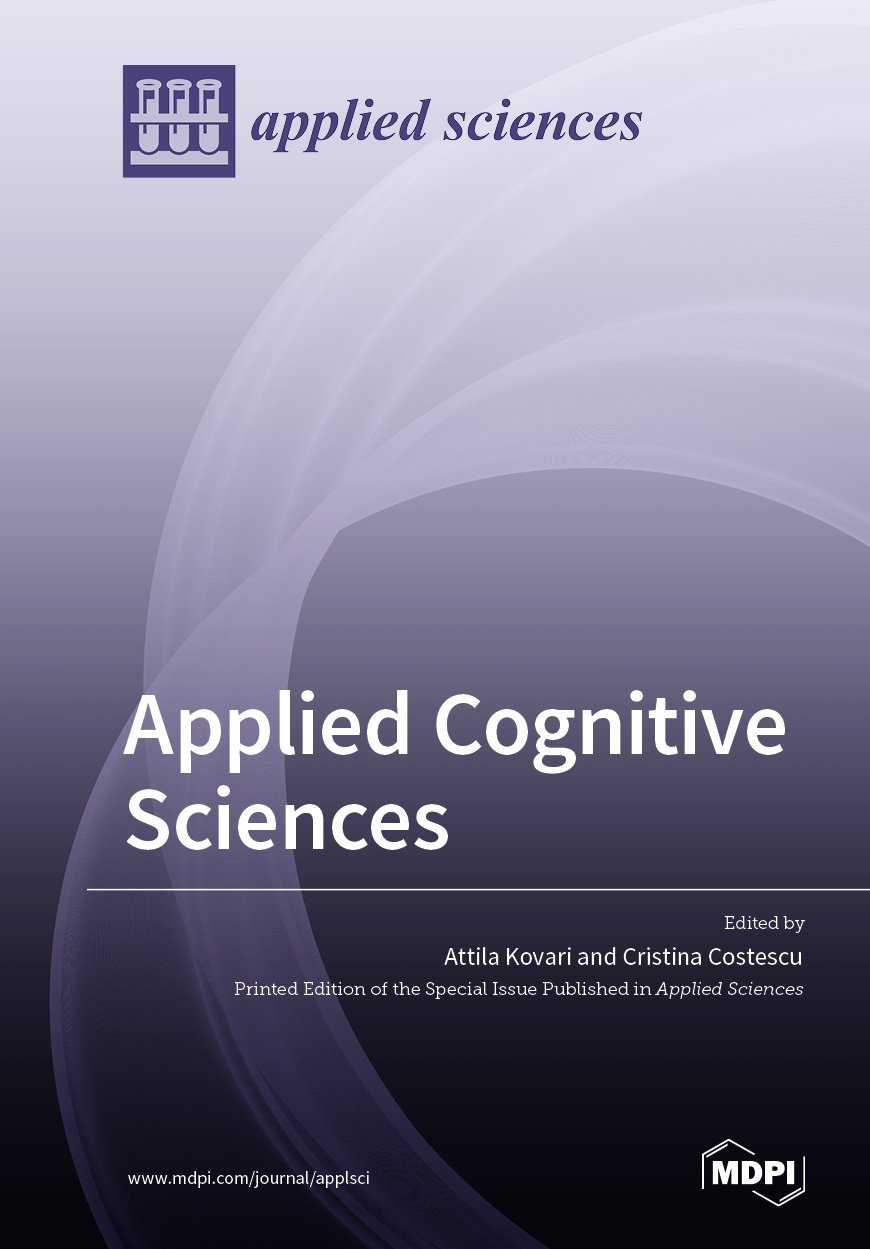Comparative Analysis of Urban Heat Island Cooling Strategies According to Spatial and Temporal Conditions Using Unmanned Aerial Vehicles(UAV) Observation
IF 2.5
4区 综合性期刊
Q2 CHEMISTRY, MULTIDISCIPLINARY
引用次数: 0
Abstract
Heat island cooling strategies (HICSs) are used to mitigate urban heat island phenomena and adapt to climate change as proposed by the U.S. Environmental Protection Agency (EPA), the Intergovernmental Panel on Climate Change (IPCC), and the World Health Organization (WHO). This study investigated urban heat island reduction and assessed the cooling effect of HICSs under various temporal and spatial conditions in urban areas. The study area was the Mugye-dong urban area in South Korea. To identify the effectiveness of heat island cooling strategies (HICSs), unmanned aerial vehicle (UAV)-based remote sensing and microclimate sensors were used to generate land cover, sky view factor (SVF) distribution, and land surface temperature (LST) maps of the study area. Differences in cooling effect according to spatial density (SD) were identified by dividing the SVF into five intervals of 0.2. Temporal changes were investigated throughout the day and under cloudiness-based meteorological conditions affected by solar radiation or less affected by solar radiation. Lower SD was associated with a greater cooling effect; meteorological conditions affected by solar radiation had a stronger cooling effect. The variation of the daytime cooling effect increased with decreasing SD. The difference in cooling effect between morning and afternoon was <1 °C under conditions less affected by solar radiation. Under conditions affected by solar radiation, the maximum temperatures were −6.716 °C in urban green spaces and −4.292 °C in shadow zones, whereas the maximum temperature was −6.814 °C in ground-based albedo modification zones; thus, differences were greater under conditions affected by solar radiation than under conditions less affected by solar radiation. As a result, it was found that HICS show a high cooling effect, high diurnal variation, and high morning-afternoon deviation under weather conditions with low SD and under conditions affected by solar radiation. This study quantitatively calculated the cooling effect of HICSs applied in urban areas under various spatiotemporal conditions and compared differences by technology. Accordingly, it is believed that it will serve as a basis for supporting the practical effects of the concepts presented by international organizations for climate change adaptation.基于无人机观测的城市热岛降温策略时空对比分析
根据美国环境保护署(EPA)、政府间气候变化专门委员会(IPCC)和世界卫生组织(世界卫生组织)的建议,使用热岛冷却策略(HICS)来缓解城市热岛现象并适应气候变化。本研究调查了城市热岛效应的减少,并评估了HICS在城市不同时空条件下的降温效果。研究区域为韩国木叶洞市区。为了确定热岛冷却策略(HICS)的有效性,使用基于无人机的遥感和小气候传感器来生成研究区域的土地覆盖、天空视角因子(SVF)分布和地表温度(LST)图。通过将SVF划分为0.2的五个区间来识别根据空间密度(SD)的冷却效果的差异。在受太阳辐射影响或受太阳辐射较小的基于云量的气象条件下,对全天的时间变化进行了调查。SD越低,冷却效果越强;受太阳辐射影响的气象条件具有较强的降温作用。白天降温效果的变化随着SD的降低而增加。在受太阳辐射影响较小的条件下,上午和下午的降温效果差异<1°C。在受太阳辐射影响的条件下,城市绿地的最高温度为−6.716°C,阴影区的最高温度是−4.292°C,而地基反照率修正区的最高气温是−6.814°C;因此,在受太阳辐射影响的条件下,差异比在受太阳照射影响较小的条件下更大。结果发现,在SD较低的天气条件下和受太阳辐射影响的条件下,HICS表现出较高的冷却效果、较高的日变化和较高的上午-下午偏差。本研究定量计算了在不同时空条件下应用于城市地区的HICS的冷却效果,并通过技术比较了差异。因此,人们相信,它将成为支持国际组织提出的适应气候变化概念的实际效果的基础。
本文章由计算机程序翻译,如有差异,请以英文原文为准。
求助全文
约1分钟内获得全文
求助全文
来源期刊

Applied Sciences-Basel
CHEMISTRY, MULTIDISCIPLINARYMATERIALS SCIE-MATERIALS SCIENCE, MULTIDISCIPLINARY
CiteScore
5.30
自引率
11.10%
发文量
10882
期刊介绍:
Applied Sciences (ISSN 2076-3417) provides an advanced forum on all aspects of applied natural sciences. It publishes reviews, research papers and communications. Our aim is to encourage scientists to publish their experimental and theoretical results in as much detail as possible. There is no restriction on the length of the papers. The full experimental details must be provided so that the results can be reproduced. Electronic files and software regarding the full details of the calculation or experimental procedure, if unable to be published in a normal way, can be deposited as supplementary electronic material.
 求助内容:
求助内容: 应助结果提醒方式:
应助结果提醒方式:


